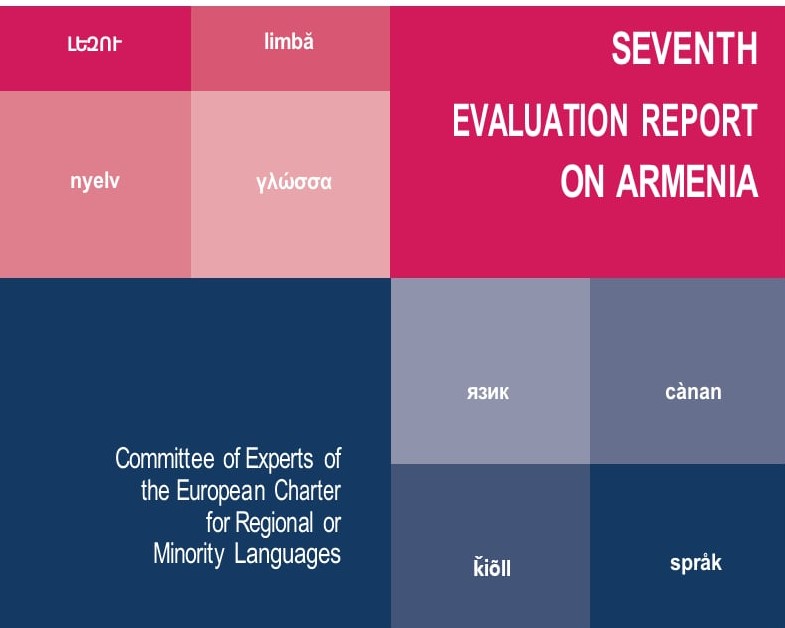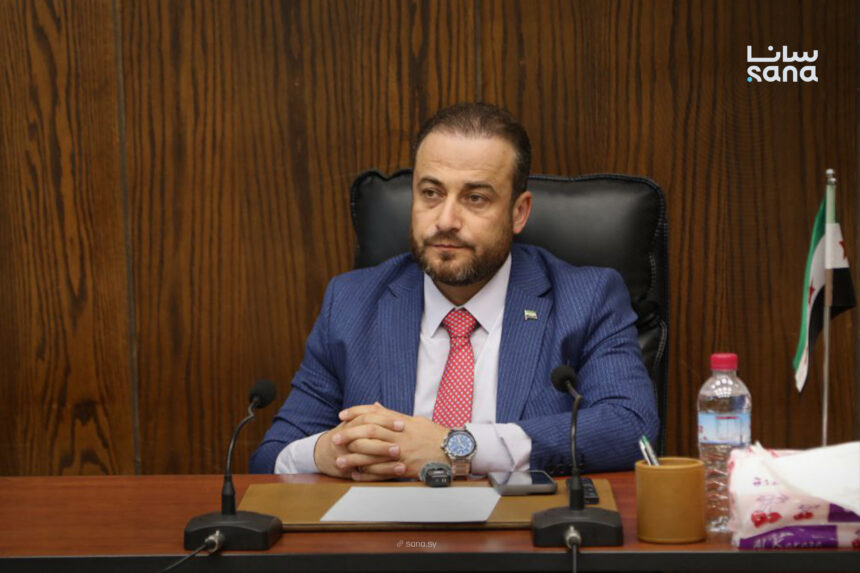Armenia: Achievements in awareness-raising but minority languages should be taught more widely, says Council of Europe Committee
By Առավոտ
Copyright aravot

Strasbourg, 19.09.2025 – A new report published today by the Committee of Experts of the European Charter for Regional or Minority Languages notes efforts of the Armenian authorities to promote cultural and linguistic diversity. It reiterates the need, however, to ensure that the legislative framework provides for the explicit protection and promotion of minority languages, and that minority languages, other than Russian, are taught and promoted more extensively.
The European Charter for Regional or Minority Languages entered into force in Armenia in 2002. Assyrian, Greek, Kurdish, Russian and Yezidi languages, as well as German and Ukrainian receive protection under the Charter. This report is based on the situation in Armenia in March 2025.
Armenia developed a “Cultural Diversity” programme for schools, aiming at fostering respect for different cultures. Under the programme, the teaching and learning of minority languages, through open classes, performances and song and dance presentations were promoted throughout 2024 in approximately 170 schools across the country. All interlocutors met of the Committee of Experts confirmed the importance of the initiative for raising awareness of other cultures among all pupils in Armenian schools. Cultural events, seminars and celebrations of national holidays in minority communities take place regularly and are actively supported, also financially, by the Armenian Government.
Teaching in and of Russian continues to be available at all levels of education in Armenia. Teaching of other minority languages in primary and secondary schools has been strengthened in general, except for Greek and Ukrainian.
Progress is limited due to the lack of qualified language teachers. Representatives of speakers underlined the urgent need to step up efforts to establish chairs of Assyrian, Ukrainian and Yezidi studies at the university level and to provide dedicated studies for training teachers of all protected minority languages. The Committee of Experts issued recommendations in this regard.
Assyrian, Kurdish and Yezidi representatives of municipalities confirmed the use of their language in debates in their assembly, as well as the possibility to submit oral applications. In the case of Russian, the submission of both oral or written communication is possible in certain municipalities. Greek is not used in contacts with authorities.
The ongoing administrative territorial reform includes the merging of several communities into bigger entities, which can have a negative impact on the protection of minority languages. The authorities should ensure that the administrative reforms do not result in the reduction of the teaching in and of minority languages, the Committee of Experts warns.
The Armenian authorities are currently finalising the Draft Law on National Minorities, which, in view of the Committee of Experts, presents an important opportunity to provide for the explicit protection and promotion of minority languages and to align relevant legislation with Armenia’s obligations under the Charter.
The European Charter for Regional or Minority Languages is the Council of Europe’s convention designed to protect and promote states parties’ traditional regional or minority languages and enable speakers of these languages to use them in both private and public life. Its implementation is monitored by an independent Committee of Experts. The treaty entered into force on 1 March 1998 and is now in force in 25 states.



